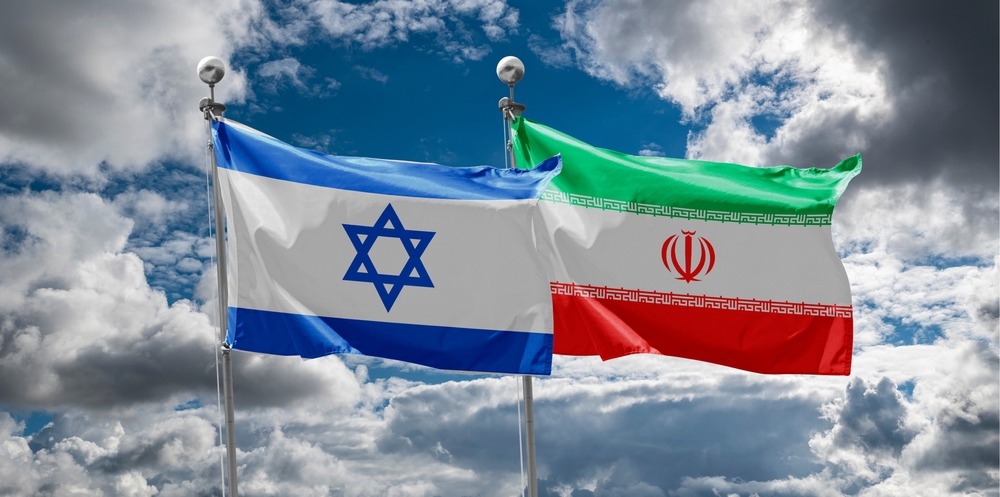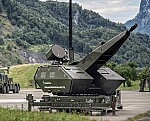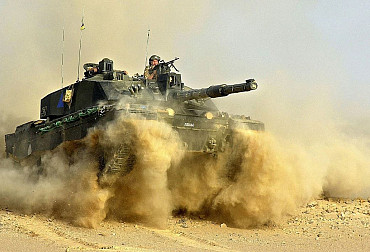Iran's calculated approach: Weighing the costs and benefits of a response to Israel
In the aftermath of Israel's alleged strikes on Tehran and Beirut, which resulted in the deaths of key figures in both Hamas and Hezbollah, the world is closely watching for Iran's next move. Despite vows of revenge, Tehran and its Lebanese ally Hezbollah have yet to retaliate, leaving many to wonder why there has been a delay in their response. The answer lies in a complex web of strategic considerations, regional dynamics, and psychological warfare.

A delicate balancing act
Iran's decision-making process in responding to Israeli aggression is far from impulsive. According to experts, Tehran is likely taking its time to carefully weigh the potential consequences of any retaliatory strike. The stakes are incredibly high, and a miscalculation could lead to a full-scale war that Iran neither desires nor is equipped to win. Ali Bakir, a senior fellow at the Atlantic Council, highlights the importance of a response that is "more than a face-saving strike and less than a serious blow," emphasizing the difficulty of finding the right balance.
Iran's cautious approach is also influenced by the need to assess its own vulnerabilities. The possibility of an overwhelming Israeli counterstrike is a significant deterrent, as Tehran must consider the potential for devastating repercussions. Behnam Ben Taleblu of the Foundation for Defense of Democracies points out that Iran is likely trying to avoid a situation where it faces both ruin and embarrassment.
Psychological warfare and international attention
While the physical response from Iran has yet to materialize, the psychological aspect of the situation is already in play. Hezbollah leader Hasan Nasrallah recently indicated that the delay in retaliation is partly intended to keep Israel on edge, sowing fear and uncertainty. This tactic is designed to maximize the psychological impact on Israel, forcing its leadership and citizens to live in a state of constant anticipation.
Bilal Saab, an expert in US-Middle East relations, suggests that Iran's strategy is also aimed at attracting global attention. By delaying its response, Tehran ensures that the world remains focused on its military capabilities and status, thereby enhancing its image as a formidable regional power. Additionally, the delay places a financial strain on the US military, which has increased its presence in the region to deter further escalation.
Internal concerns and strategic deterrence
Another factor contributing to the delay is Iran's need to address potential security breaches within its own ranks. The success of the Israeli strike in Tehran has likely raised concerns about infiltration by Israeli intelligence. Before launching any counterattack, Tehran may be working to root out these vulnerabilities, ensuring that its response is not compromised by internal security issues.
David Des Roches, a professor at the Near East South Asia Center for Security Studies, suggests that Israel's ability to carry out targeted assassinations within Iran serves as a powerful deterrent. The fear of further high-profile assassinations may be influencing Tehran's decision to adopt a more measured approach.
Coordination with Proxies and regional dynamics
Iran's network of proxies, particularly Hezbollah, plays a crucial role in its regional strategy. While Nasrallah did not explicitly confirm coordination with Iran in his recent speech, experts believe that any action taken by Hezbollah is likely to be closely aligned with Tehran's directives. Firas Maksad of the Middle East Institute notes that Nasrallah may have initially been inclined to act more quickly than Iran preferred, but has since adjusted his stance to align with Tehran's cautious approach.
The possibility of a coordinated response involving multiple Iranian proxies across the region is significant. Des Roches predicts that a "low-level proxy action" involving Hezbollah, as well as Iranian-backed groups in Yemen and Iraq, is the most likely scenario. This would allow Iran to demonstrate its influence and commitment to its allies without triggering a full-scale conflict.
The inevitable response
Despite the current delay, a response from Iran and its allies is inevitable. However, the form and timing of that response remain uncertain. Nasrallah's reference to a "slaughter with cotton" suggests that Iran's retaliation may be more subtle and drawn out, but no less lethal. Tehran's goal is to achieve a calculated and impactful response that enhances its deterrence while avoiding an all-out war.
In the coming weeks and months, the world will continue to watch closely as Iran navigates this delicate situation. The careful calculation of costs and benefits, combined with psychological warfare and regional dynamics, will shape the course of events in the Middle East. While the immediate future remains uncertain, one thing is clear: Iran's response, when it comes, will be a significant moment in the ongoing struggle for power and influence in the region.








